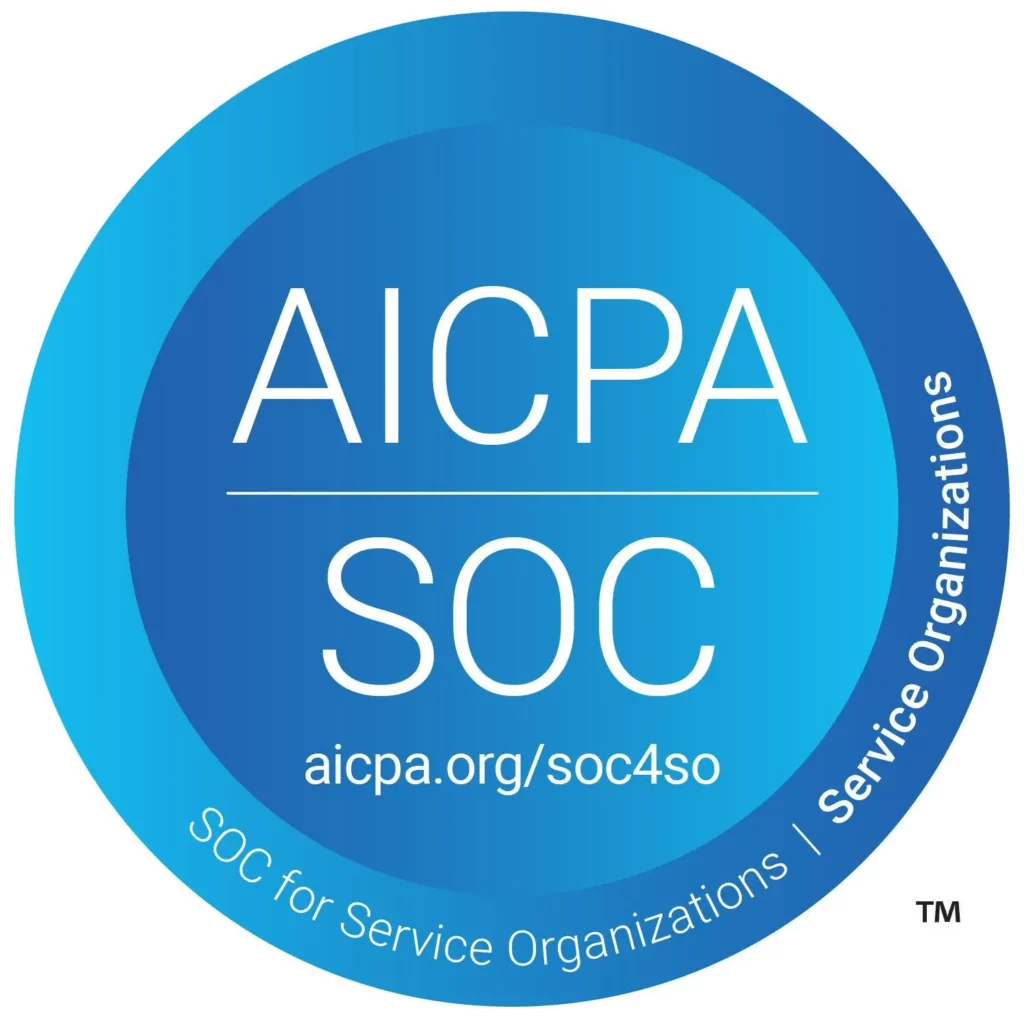In higher education, new methodologies and frameworks for assessment and compliance can be years in the making. One such significant shift is the recently announced Carnegie Classification update slated to take effect in 2025. In anticipation, colleges and universities can take important steps now to meet the new priorities, especially the exciting new focus on social and economic mobility.
Carnegie Classification Update
The Carnegie Commission on Higher Education began developing the current classification system in 1970, specifically to support its policy analysis and research agenda. Researchers needed an objective method for segmenting higher education institutions and ensuring appropriate representation of sampled populations among and within institutions. With this in mind, all accredited, degree-granting colleges and universities in the U.S. (now represented in IPEDS) were sorted into roughly comparable categories based on the types of degree granted and level of research activity, then subdivided based on a variety of institutional characteristics.
Today, the system comprises six basic classifications determined primarily by academic program concentration or highest degree awarded. The Carnegie Foundation and ACE have collaborated to modernize the structure for the 2025 Carnegie Classification. The revised classification will adopt a broader, more multidimensional approach to recognize today’s diverse range of institutional missions, priorities, and structures. Institutions will be organized by multiple characteristics to create peer groups; and a new Social and Economic Mobility classification based on student equity, access, and outcomes will paint a clearer picture of how institutions contribute to the long-term success of their learners.
Since its debut in 1973, institutions have used the classification as an important benchmark in assessing and communicating their missions, priorities, and achievements. The classification criteria were never meant to indicate relative quality, value, or importance, but institutions have made classification a mark of prestige, often shifting institutional focus to prioritize “moving up the ranks.” With the 2025 update’s more nuanced approach, institutions will have the opportunity to re-examine their strategic priorities in regard to the classification and, where purposive, realign with their missions without taking a classification hit.
Becoming High-Mobility
Higher education is uniquely positioned to be the engine of social and economic mobility, providing students equity in opportunity regardless of their life circumstances, race/ethnicity, or any other demographics. As colleges and universities face their own resource challenges, affordable technology becomes a crucial ally for those seeking to achieve high-mobility. The following transformative strategies and tools can help institutions reach new heights of inclusivity and student success.
Set a Public Priority
As the June 2023 American Association of State Colleges and Universities (AASCU) report on increasing social mobility notes, high-mobility institutions not only provide a wide range of wraparound supports for historically underserved students, they also emphasize social mobility as “an institutional priority and point of pride on public-facing documents and websites” (p. 4). Public-facing data dashboards, developed in products like Advising App™, are a compelling way to communicate an institutional commitment to social and economic mobility.
Implement Holistic Student Records
To understand the student experience, institutions need accessible, aggregated student data – from the day the prospective student expresses interest to the day they walk across the stage and beyond. Such holistic student records enable staff to understand individual students’ needs and foster engagement with them. A holistic student record can take into account factors such as cultural background, socioeconomic status, and personal goals, allowing advisors to provide the culturally sensitive and tailored guidance needed to support the success of a diverse student population. Holistic student records like the ones in Advising App™ support students in their holistic development, ultimately contributing to their overall success in academia and beyond.
Increase Productivity with AI
Artificial Intelligence (AI) can be a game-changer for student support professionals by dramatically speeding up repetitive tasks, drafting communications, creating content, proof reading/editing, translating documents and forms, analyzing student profiles, and more. However, the complex landscape of state, federal, and international security and data privacy regulations mean popular AI services are off-limits. Canyon GBS™ makes conversational AI compliant: introducing the first highly specialized, industry-specific conversational AI assistant that is not only data-secure but also meticulously auditable. With Advising App™, staff can devote more time to providing students with more consistent and personalized support, which can lead to improved semester-to-semester persistence and higher completion rates.
Democratize Data
Democratizing data within an institution is a transformative step toward fostering inclusivity and informed decision-making. When data is accessible to the entire institution, stakeholders are empowered to actively participate in identifying and addressing equity challenges. Tools like Advising App™ facilitate the democratization of data, providing a user-friendly platform that enables various stakeholders to access, understand, and use the information, all with more affordable pricing.
Final Thoughts
At Canyon GBS, we believe in creating an inclusive educational landscape where every student can achieve their full potential; where the past doesn’t dictate the future. We help higher education ensure that factors such as race, ethnicity, and income are no longer predictors of postsecondary success.
The forthcoming Carnegie Classification, with its more nuanced and multidimensional perspective on institutions and expanded focus on social and economic mobility, represents a watershed moment in how we evaluate and understand the contributions of colleges and universities. As higher education gears up for 2025, institutions have the exciting opportunity to double down on current equity efforts and focus on high-mobility practices in alignment with their missions. This flexibility opens doors for institutions to embrace new technologies like Advising App™ and lead the charge toward a future in which social and economic mobility are not just priorities but lived realities for every student.


